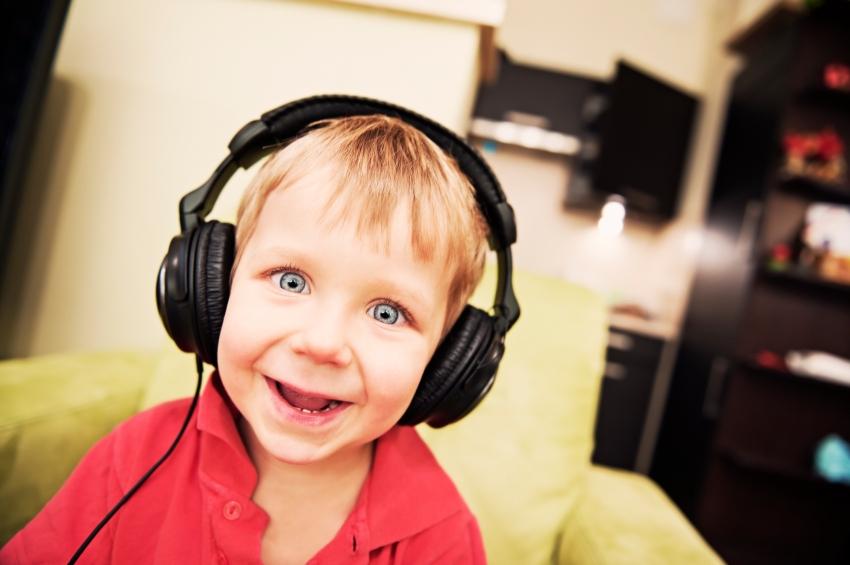Today's guest blogger is
Lauren Napolitano, Psy.D.
, a licensed psychologist on staff at Bryn Mawr Hospital and in private practice in Bryn Mawr.
Many teenagers listen to rap music that is filled with profanity, expletives and language that would never, ever be condoned in public.
Questions raised by many parents include:
1. As parents, are we condoning this language by allowing our kids to listen to it?
2. Should we insist that they only listen to 'clean' versions of these songs?
3. When your teen uses headphones to listen to music, is it even possible to know what they are listening to?
The reason that rap music appeals to teenagers is because it is the battle cry of the underdog. To vastly overgeneralize, most rap songs are about a competitor thought to have little chance of winning who seizes the moment and proves his rivals wrong. Teenagers are the ultimate underdog. They are too old for childhood antics and not old enough to have attained any meaningful power. Due to school demands, social drama, and raging hormones, they are often frustrated, confused and emotional. Many teens find that rap music is a great vehicle for understanding and expressing their feelings.
Kanye West was recently named one of Time Magazine's '100 Most Influential People.' Kanye is a highly polarizing figure. If you follow him through the lens of the paparazzi, he appears to be an angry and unperceptive megalomaniac. If you listen to his music, however, there is ample evidence that he is actually quite melancholy, vulnerable and thoughtful. He sings about feeling misunderstood and ostracized for having creative ideas. He sings about the death of his mother and a feeli

How do parents set ground rules for teens who listen to explicit rap music?
Teens need to be taught to listen to this type of music responsibly. Parents need to tell their teens that they are not allowed to use offensive language at home or at school. They also need to be told that this type of music is permitted only to be played in a private manner. In other words, you can play this type of music on your headphones or in your bedroom, but you are not permitted to play it in public spaces.
Should parents insist that their teen listen to 'clean' versions of these songs?
Because many teens listen to music on their headphones through internet services like 'Spotify,' it would be very difficult to enforce this rule. It's better to teach your teenager not to use explicit language in public rather than to fantasize that you can shield your teen from being exposed to foul language.
Controversial music has always been a way for teenagers to rebel against their parents and to express their emotions. Going back to the days of Elvis, Jimi Hendrix or the Beatles, parents have long worried about their teenagers' choice of music. Rather than attempting to control your teenagers' choice of music, it's better to look at the ways in which your teenager might feel like an underdog. Recognizing that your teenager may feel ostracized or frustrated at times is a great way to better to understand his or her life.
Have a question for the Healthy Kids panel?
Ask it here
. Read more from the
Healthy Kids blog »